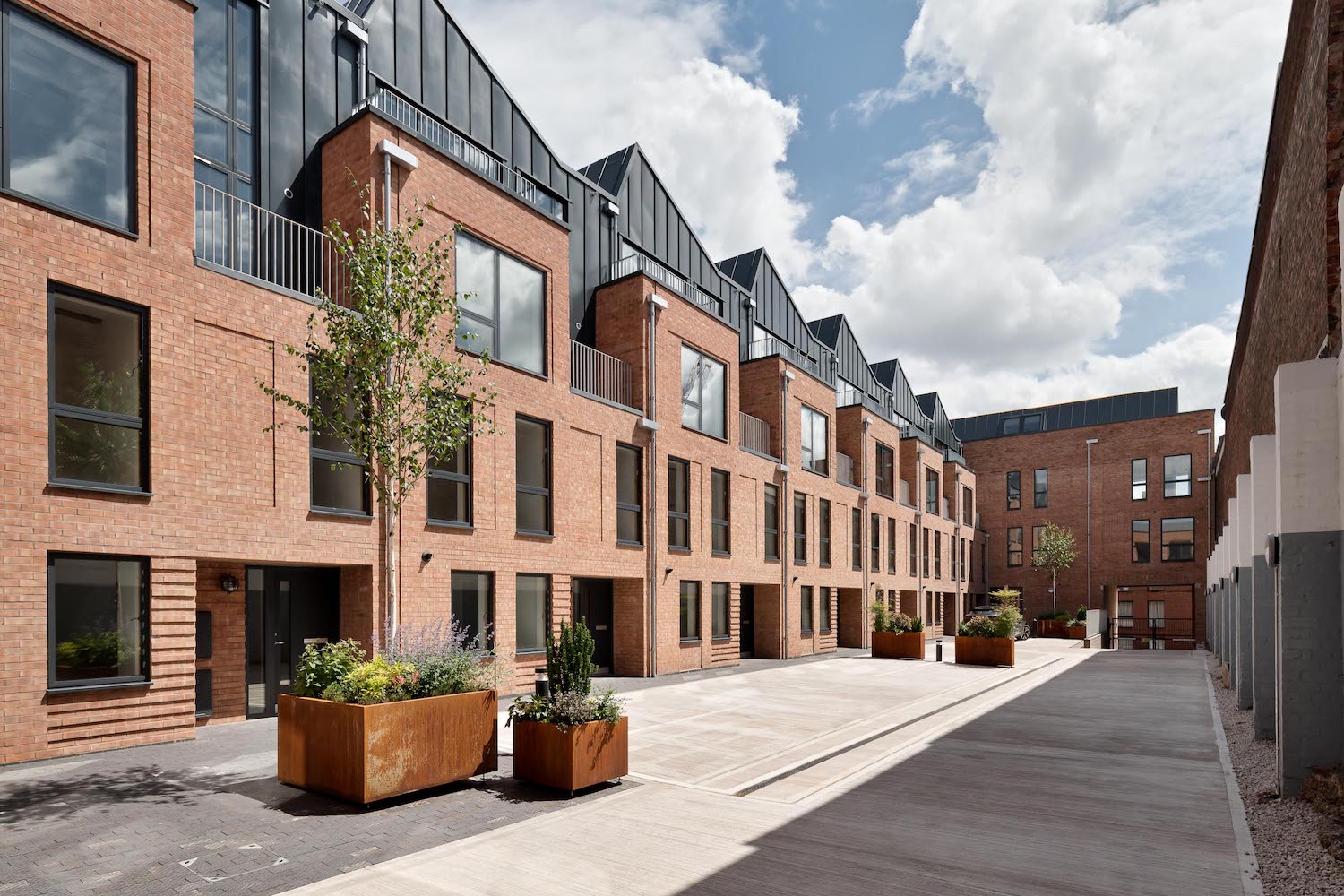What is property appreciation?
Property appreciation is the increase in value of a property over time and it’s a fundamental concept that’s driven by various factors, including inflation, supply and demand, developments in the surrounding area, and overall economic growth. However, investors need to be aware of two main types of appreciation: natural and forced.
Natural appreciation occurs as a result of market forces and economic conditions, while forced appreciation is achieved through property improvements and strategic management. Understanding these distinctions enables investors to develop tailored strategies that take both types of appreciation into account, starting with a thorough assessment of the property itself.
Identify a property’s potential
When considering a property’s potential for appreciation, conducting a professional survey is an essential first step. There are several types of survey available with the RICS Level 3 Home Survey offering the most comprehensive report, covering every aspect of a property, identifying notable problems and the level of urgency any repairs may need. Understanding a property's structural condition and potential repair needs is crucial for accurately assessing its appreciation potential.
Major issues identified in a survey could not only affect your initial purchase price negotiation but also impact your long-term investment returns. This important tool helps you identify issues that could affect a property’s value, saving you substantial money longer term when determining which improvements might provide the best return on your investment.
Analyse historical data for the area
Once you have a clear understanding of the property's condition, it’s important to examine the broader market context. A location’s past performance, while not a guarantee of future results, provides valuable insights into appreciation trends that could influence your decision to buy a property or walk away. Investors should seek out reliable sources of historical property data, such as local estate agency boards, government data, and reputable property analytics platforms.
When analysing property data, look for long-term price trends, paying close attention to factors such as average annual appreciation rates and how different property types have performed over time. It's also important to consider how external events, like economic recessions or local development projects, have impacted property values in the past so you can better predict the future appreciation potential.
Pay attention to the local market
The old adage "location, location, location" holds true when it comes to property investment. Local market conditions play a pivotal role in determining a property's potential for value, so investors need to look at supply and demand metrics when choosing the right property for appreciation. Are there more buyers than available properties, or vice versa?
Conduct a thorough neighbourhood analysis, considering factors such as school quality, crime rates, proximity to amenities, and overall desirability—factors that potential tenants or buyers will be looking for too. It is also worth examining local economic indicators like job growth, median income levels, and business development as these can provide valuable clues about the area's future prospects and potential for appreciation.
Evaluate future developments nearby
Future development plans can have a significant impact on how much a property increases or loses value, so it’s a critical consideration for investors looking at long-term appreciation. Begin by researching zoning changes and urban planning initiatives in the surrounding area. Maybe there are plans to rezone certain neighbourhoods for higher density or mixed-use development, for example.
It's also worth looking into upcoming infrastructure projects like new transit lines, road improvements, or public facilities which can make an area more desirable and drive property values up. Assess the impact of planned commercial developments too, such as new shopping centres, office parks, or entertainment venues. While some developments can boost property values, others might have a negative impact, so it's important to consider both potential upsides and downsides.
Look at demographic shifts
Demographic trends can have a profound impact on how a property will be valued in the long-term. Are younger generations increasingly moving into the area or is the population ageing? The answers will determine the types of properties which are in demand, and could even influence future developments.
Similarly, you need to pay attention to the demand for housing and the features those homes have. From energy-efficient homes that will bring utility costs down to properties with dedicated office spaces that will appeal to remote workers, understanding what buyers are looking for will help investors choose the right properties that will sell quickly or avoid void periods in rentals.
Developing a long-term investment strategy
To successfully capitalise on property appreciation, investors need to develop a comprehensive, long-term strategy which starts with setting realistic appreciation goals. Remember, while some markets might offer the potential for rapid appreciation, they often come with higher risks, so consider how to balance the potential for short-term gains with long-term growth prospects.
Diversification is key in property investing, just as it is in other forms of investment. This means you may need to spread your risk across different types of properties, locations, or even via a real estate investment trust (REIT) to mitigate risk. Your plans should also include forced appreciation through strategic property improvements, like loft conversions, updating bathrooms or the kitchen, or reglazing the property.
Be prepared to adapt your strategy as market conditions change, always keeping an eye on long-term trends while remaining flexible enough to take advantage of short-term opportunities. With a thoughtful, well-informed approach, investors can position themselves to capitalise on long-term appreciation trends and build lasting wealth.
At Maguire Jackson, we understand the challenges that homebuyers and sellers face. We can help you by providing tailored advice and award-winning expertise—contact us today to get started.

Fully Managed Letting Service
The Maguire Jackson Fully Managed Property Service Letting is fundamental to residential lettings in Birmingham and is designed to remove the hassles involved with maintaining a tenanted property. This provides you with the additional convenience and reassurance that all maintenance and administration in relation to your apartments or flats to rent in Birmingham will be dealt with professionally on your behalf.
Read More
How Much is Your Property Worth?
How much is your property worth? We're here to help.
At our award-winning agency, we provide detailed property valuations. We base our evaluations on key factors such as location, property type, and current market trends.
We're committed to providing you with a clear, accurate valuation. We're not about inflating prices; our expert team has valuable insights.
We also have a large database of sold properties. This ensures you receive the most accurate valuation. Best of all, there is no obligation.
Book a free valuation to assess your property's worth